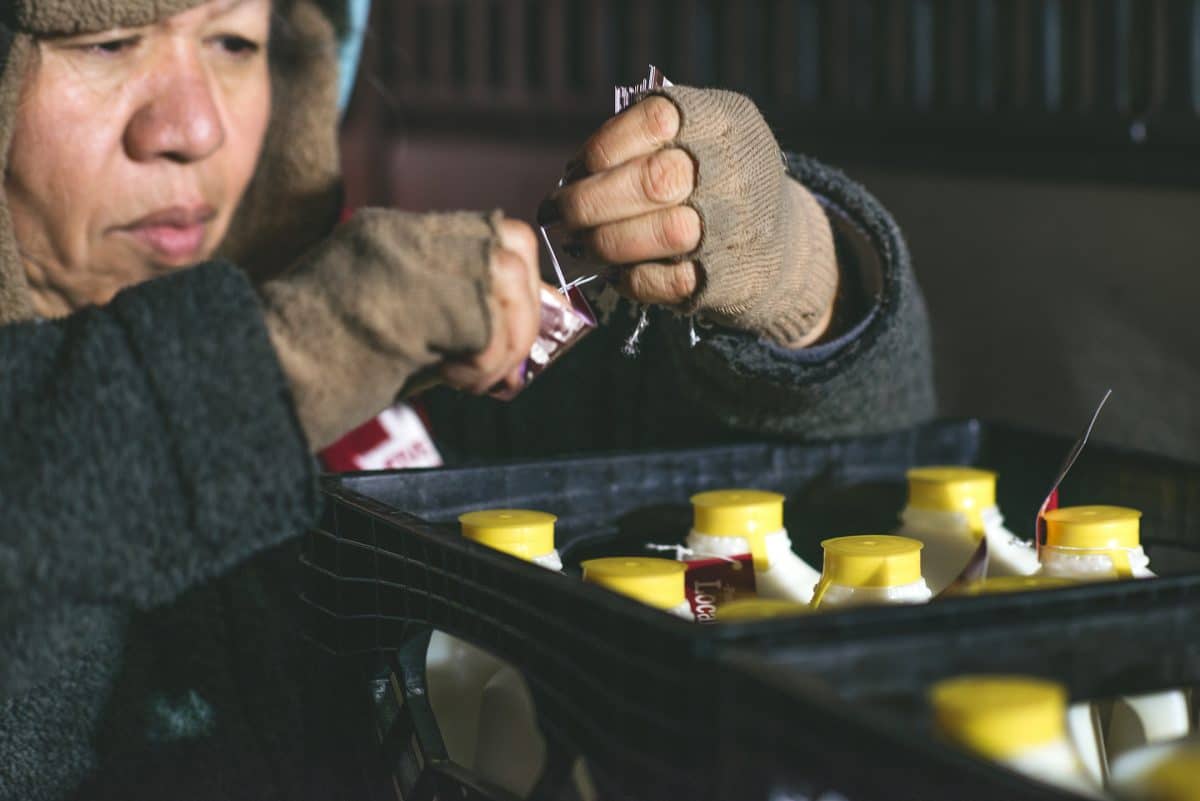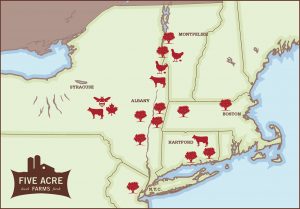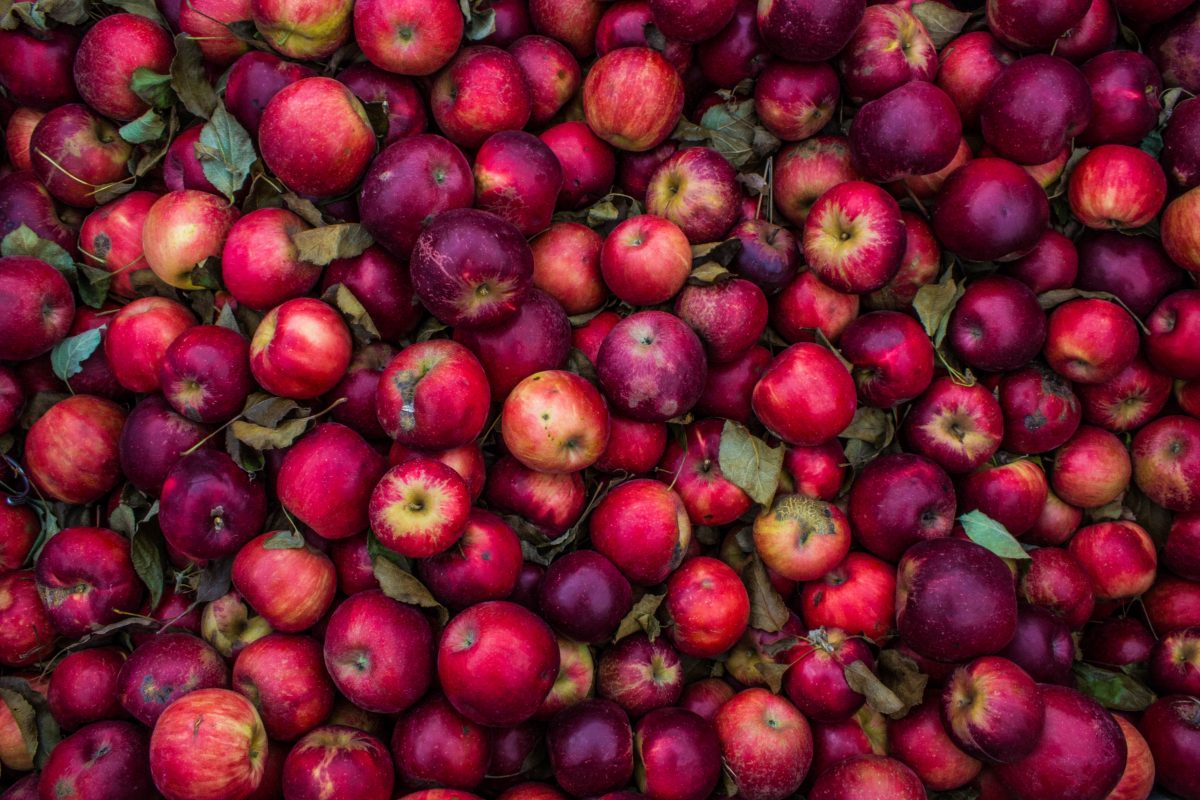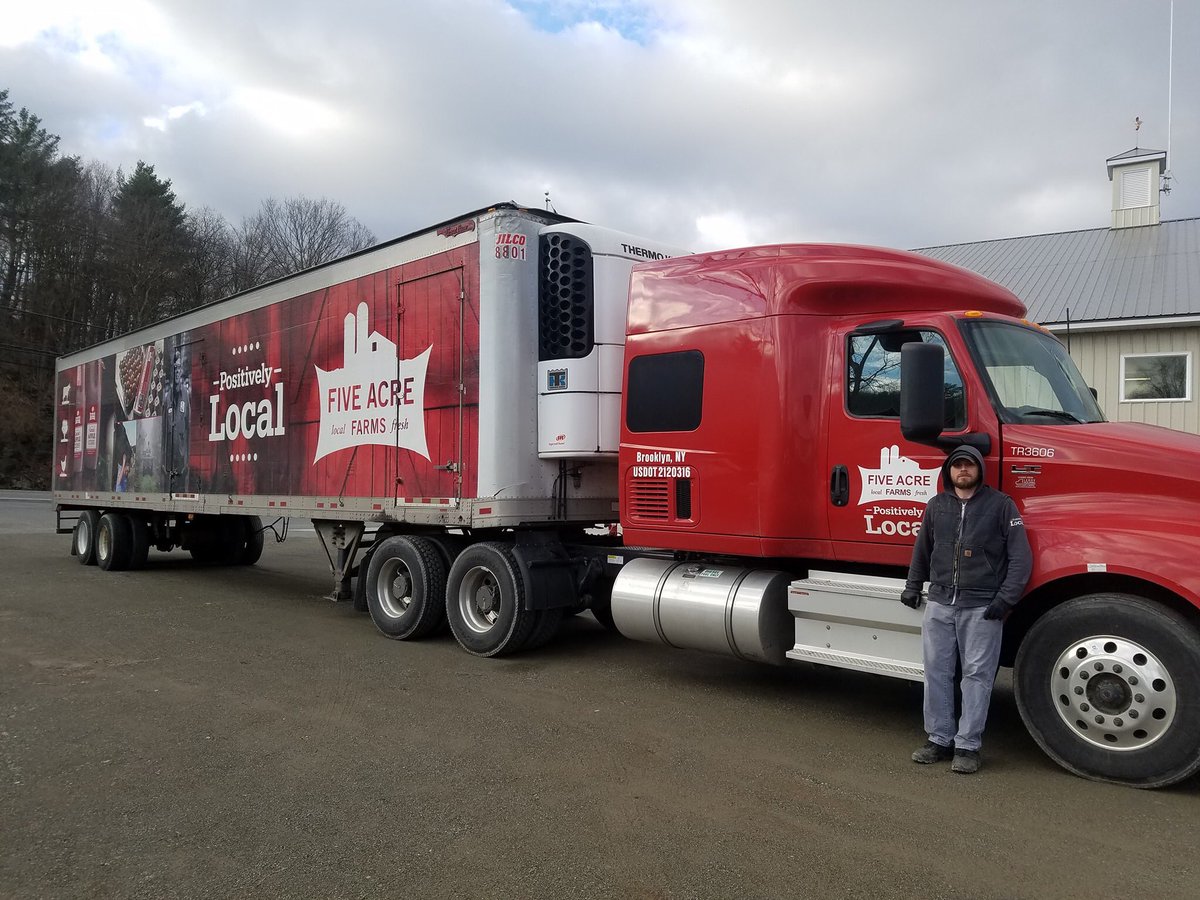IVAN ARGUELLO, a 30-year veteran of the grocery business, owns KEY FOOD MONTAGUE in Brooklyn Heights. Ivan’s family has operated the store, part of the cooperatively owned Key Food chain, since 1982. Today Ivan runs the store alongside his nephew Enrico Palazio, Jr. and his son Ivan Jr. Over breakfast recently, we talked about the longevity of their family business, our shared commitment to taking local food mainstream and where the super-market business is headed.
Tell us about your family’s history in the grocery business.
My father came to New York from Nicaragua in 1979, in the midst of the revolution there. He started working in construction out on Long Island, and then purchased the store in Brooklyn Heights in 1982. He found the right people to run it, and learned everything he needed to know about the supermarket world from them. My brother-in-law Enrico Palazio, Sr. and I took over the business when my father passed away in 1994.
Why Brooklyn Heights?
I’ve always felt at home here. It’s a great community that appreciates the value of having a quality supermarket in the neighborhood, and we have many loyal employees, some who have been with us for 30 years. We owned a second store, in the Bronx, for a while, but ultimately decided to focus all of our time and attention on making the Brooklyn Heights store the best it can be. My wife Mary Elizabeth and I live in New Jersey now, but I love Brooklyn Heights. The store is my second home.
How has your business changed over the years?
Consumers today are much more informed about food and demand higher levels of service, convenience and transparency from their sources and grocery stores than ever before. Their interest in local food continues to grow, and we dedicate ourselves to finding the best sources from around the region. That inspires our focus on quality, the products we offer in the store and how we present them. We work hard at getting that right. It means a lot to us that customers continue to support their local family-run supermarket.
How have you responded to these developments?
We talk with our customers all the time, ask for their input and anticipate broader consumer trends. It’s important to listen to the younger generations. I see that they’re eager to try new foods. Knowing how they shop has changed how we think about selling food. Enrico and Ivan Jr., our store’s third generation and younger consumers themselves, have helped with this. In 2015, we collaborated with a group of Fordham business school students to analyze consumer and market data and identify changes we needed to make to better serve our customers. Those adjustments, which we’ve implemented over the past couple of years, have been very successful.
What are some of those modifications?
We focused on product sourcing, store remodeling, and product presentation to ensure the best food and fit with our customer. We opened a new kitchen and hired a professional chef to develop recipes so we could offer a broader array of prepared foods. We now have a farm stand look that sets our produce department apart. Ivan Jr. has a knack for spotting trends, and he’s always out foraging for the tastiest, highest-quality local products. Enrico is involved in the deli and cheese departments and keeps the operations and finance side of things running smoothly.
How did you find FIVE ACRE FARMS?
I’m proud to have been among the first to discover and carry FIVE ACRE FARMS. Dan (Dan Horan, Five Acre Farms Founder & CEO) lives in the neighborhood and has long been part of the community. Like KEY FOOD MONTAGUE customers, I believe in your company’s mission and want to support the region’s outstanding farmers. I know from talking with our customers that they recognize that local farmers and businesses need our support to thrive and grow and want to do their part to make that happen.
What makes your partnership with FIVE ACRE FARMS work so well?
To me, the foundation of our productive working relationship is our shared belief in the vital role local food plays in building community and the local economy. FIVE ACRE FARMS really knows local food. You provide great-tasting, high-quality local products. You connect us to our farmers by telling us about them and where our food comes from. You show that you really care about our store. There aren’t many companies out there that offer your level of service, that send ambassadors into the store, like you do, to visit, talk with dairy managers and introduce your products to customers.
What do you like to eat at home?
I eat very well at home… steaks are definitely a favorite. We enjoy many cuisines from around the world. And my wife always asks me to bring home FIVE ACRE FARMS Maple Greek Yogurt. That’s what she serves when her friends come over for breakfast. They just love it!
